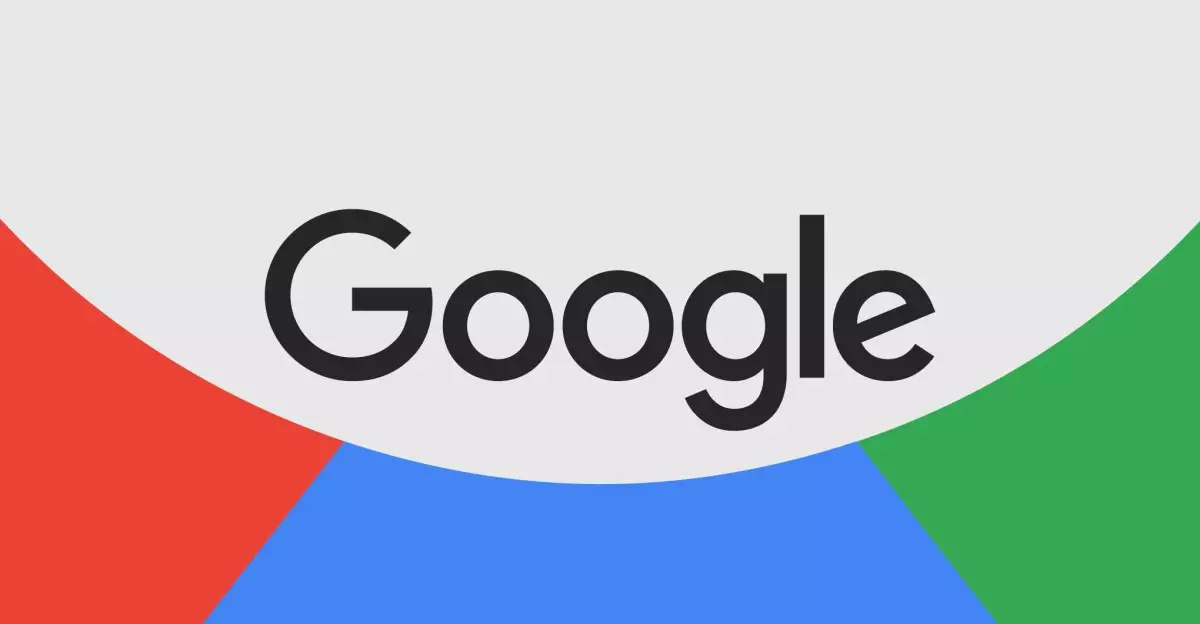In a surprising turn of events, Google Calendar has drawn criticism from its user base following its decision to limit the visibility of cultural observances and events that once populated its interface. Effective last year, the tech giant announced it would only showcase standard public holidays and national observances. This change has sparked outrage among various communities, particularly those celebrating events like Pride Month and Black History Month, which have historically been promoted on the platform.
Users have been vocal about their dissatisfaction, labeling the move as “shameful” and accusing Google of yielding to pressure that could be interpreted as politically motivated. These profound changes to a platform that serves millions of users daily have led many to perceive them as a regression in Google’s commitment to cultural diversity. A representative from the company suggested that these changes were made with the intent of simplifying the calendar interface, but the repercussions extend far beyond aesthetics. Many individuals feel personally affected, asserting that recognition and celebration of their heritage and struggles are now relegated to mere footnotes.
Google has stood firm on its decisions, clarifying the rationale behind the alterations. A spokesperson explained that the company has historically collaborated with timeanddate.com to ensure accurate representation of public holidays. Although a broader set of cultural moments had been added over the years, Google received feedback indicating various omissions. They argued that maintaining a comprehensive and representative calendar became increasingly unfeasible, prompting the shift back to solely recognized holidays and observances. This reasoning, however, has done little to assuage the frustration of users who feel that the company is abandoning its responsibility to promote inclusivity.
The decision to strip Google Calendar of celebrated cultural events signals broader implications for how technology companies engage with sociopolitical issues. The outcry demonstrates a growing awareness of corporate responsibility in acknowledging diverse identities and histories. As users increasingly rely on digital tools for personal and communal organization, the absence of culturally significant observances raises questions about the prioritization of convenience over representation.
Looking ahead, it’s crucial for companies like Google to reassess their engagement with cultural diversity. While simplifying user interfaces may be their intention, achieving a balance between functionality and inclusivity is vital. Technology firms must recognize their broader societal impact and the vital role they play in the visibility of various cultural identities. As user demands evolve, there lies an opportunity for Google and others to embrace a more inclusive approach, transforming potential backlash into constructive dialogue that fosters community rather than division.
The changes to Google Calendar are more than a simple update; they reflect ongoing tensions surrounding cultural representation in the digital age. As users continue to press for accountability and acknowledgment, technology platforms must embrace their role as stewards of cultural diversity rather than retreat into the shadows of uniformity.

